
The coronavirus pandemic has meant sudden changes to our daily lives, with restrictions on free movement, imposed lockdowns and social distancing. Many of these measures will have taken a toll on people’s mental health.

As the number of people infected with the SARS-CoV-2 coronavirus grows, so does our knowledge of how it spreads, how it affects the body, and the range of symptoms it causes.

Researchers have found a new strain of flu virus with “pandemic potential” in China that can jump from pigs to humans, triggering a suite of worrying headlines.
- By Dana Ullman

How you feel about yourself may actually affect the way your body defends itself against the various stresses and infective organisms that surround it. A high level of self-esteem, or a stronger sense of self, can lead to more vigorous immune response.
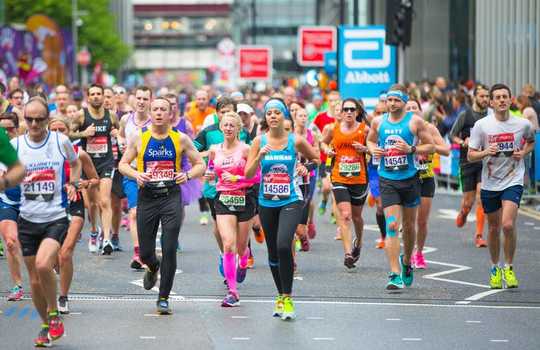
Whether you’re an ultra-marathoner or have just started, injuries and muscle soreness from running are inevitable. But instead of taking a break, many runners reach for ibuprofen or other non-steroidal anti-inflammatory drugs (NSAIDs) to get through injuries or pain.
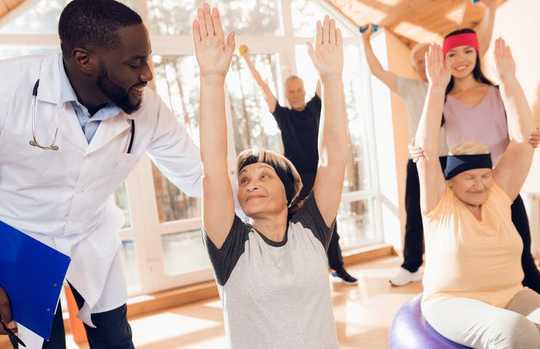
If you’ve had a surgery postponed due to the pandemic, or one is on the horizon, there may be some work you can do right now to prepare and to help improve your postoperative outcome.
- By Henry Taylor
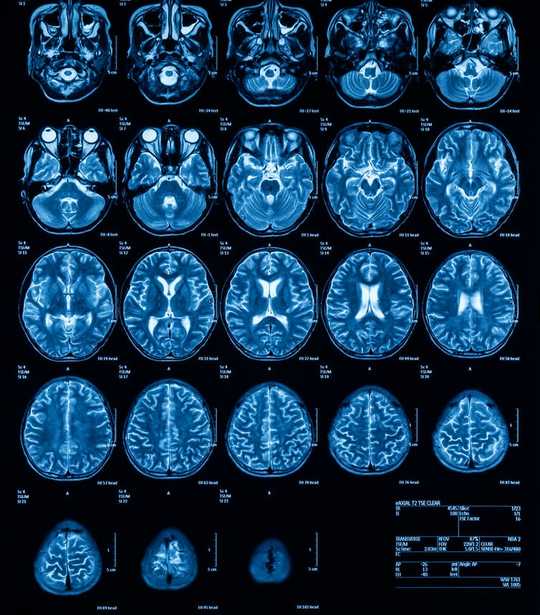
Imagine being completely blind but still being able to see. Does that sound impossible? Well, it happens.

What is known about which treatments work, and which don’t, for the new coronavirus infection.

We’re all exhausted and pushed to the limit by months of social distancing, and the recent news that cases are climbing in many states is especially scary.

Nesta recently highlighted how the pandemic has spurred an incredible number of collective intelligence initiatives – combining crowd insight, data and machine intelligence to mitigate the crisis. These range from scientists inviting citizens to help them design virus-fighting proteins, to DIY biology communities collaborating to design open-source testing kits.
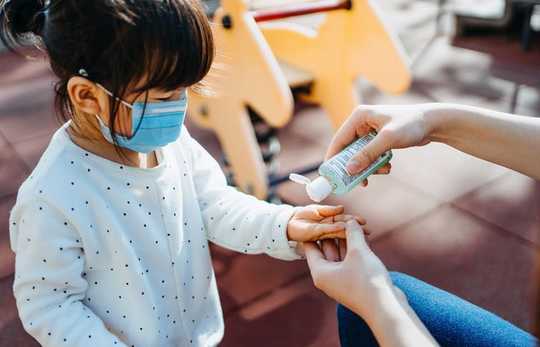
The increase of COVID-19 cases across the country calls for quick action. Sure, you and your family are exhausted from distancing, you miss your loved ones and you want to get back to your support groups or church.

Screening for symptoms of COVID-19 and self-quarantine are good at preventing sick people from spreading the coronavirus. But more and more evidence is suggesting that people without symptoms are spreading the virus too.
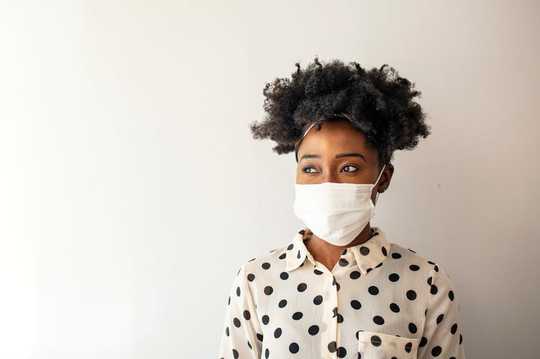
If healthcare workers wear surgical masks, there is good evidence that it limits the spread of respiratory viral infections in hospitals.

Recent studies from England and other countries have suggested that adults with both types 1 and 2 diabetes have an increased risk of death if they catch COVID-19, especially if they have poor glucose control. The weight of evidence is building up to support this theory.

The influenza pandemic became the most severe pandemic in recent history, infecting about one-third of the world’s population between 1918 and 1920 and killing between 50 and 100 million people. It was caused by an H1N1 virus that originated in birds and mutated to infect humans.
- By Lena Ciric

What constitutes a safe distance when it comes to the spread of COVID-19? The answer depends on where you live.
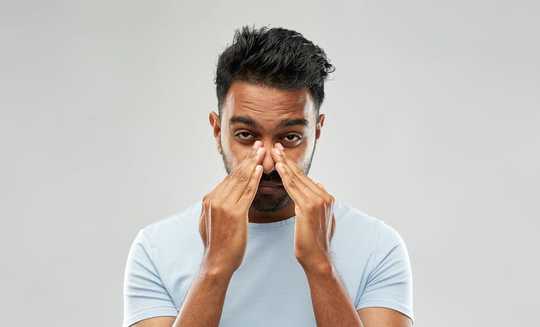
From the first reports coming out of Wuhan, Iran and later Italy, we knew that losing your sense of smell (anosmia) was a significant symptom of the disease.
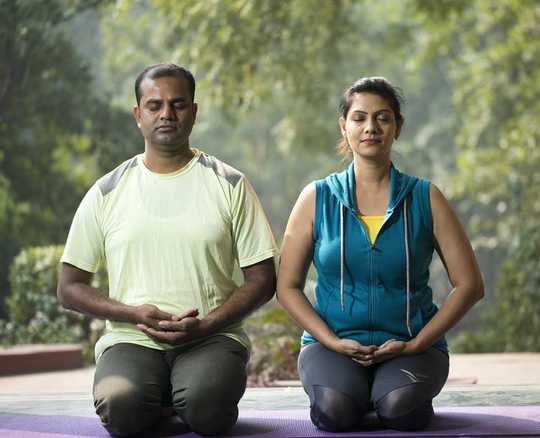
Inhale through your nose and exhale through your mouth. It’s not just something you do in yoga class – breathing this way actually provides a powerful medical benefit that can help the body fight viral infections.

We live in a world filled with miracles, and yet we take them for granted. Why do we, as adults, forget to see the miracles of our world? When we believe in miracles, we then create them. We all are miracle workers. We each have the ability to change our lives with nothing more than...

COVID-19 brought the relation between humans and animals to the core of social and scientific debates.

There’s a lesser-known source of pollution causing billions of dollars worth of health costs every year: indoor wood-fired heaters.
- By Douglas Reed

I am a scientist that studies infectious diseases and I specialize in severe respiratory infections, but I also serve as a member of my church’s safety team.

A recent study found that brown and organic rice sold in the UK tends to contain significantly more arsenic than white inorganic varieties that are often considered less healthy.
















